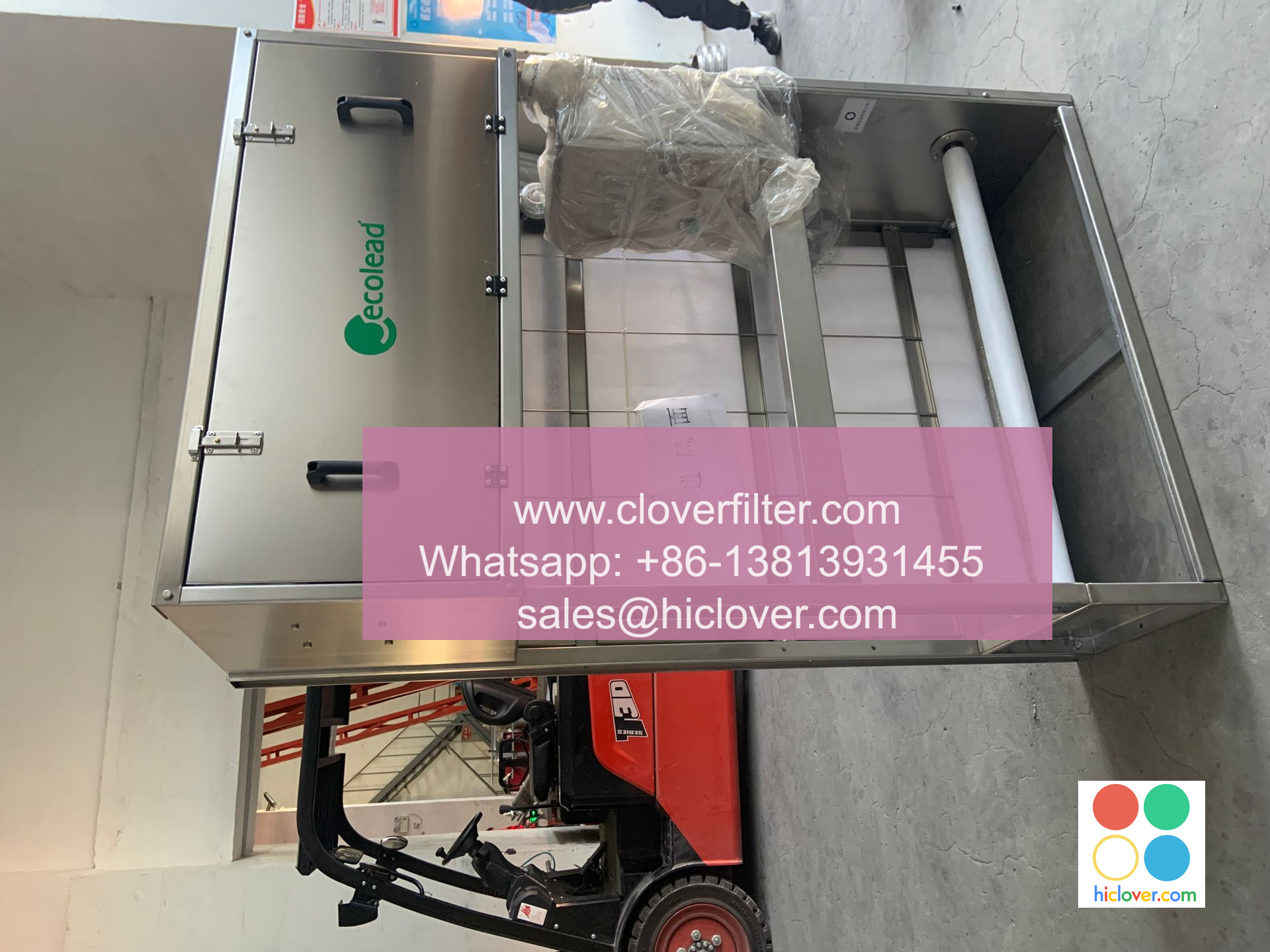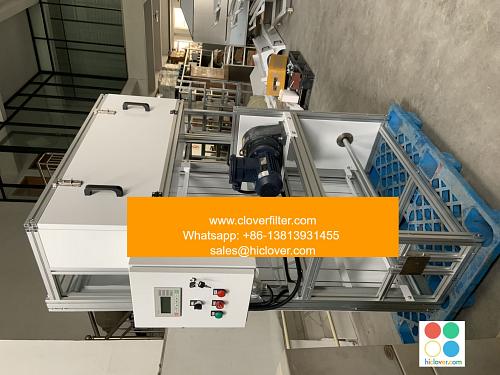Air Filter Manufacturers Partner with Government Agencies for Research

The air filter industry has witnessed significant growth in recent years, driven by increasing concerns about indoor air quality and the need for effective air pollution control measures. To address these concerns, air filter manufacturers have partnered with government agencies to conduct research and develop innovative air filtration systems. This collaboration has led to the creation of advanced HEPA filters, activated carbon filters, and ultra-low particulate air (ULPA) filters that can capture particulate matter (PM), volatile organic compounds (VOCs), and other gaseous pollutants.
Research Focus Areas
The partnership between air filter manufacturers and government agencies has focused on several key areas, including:
* Indoor air quality (IAQ) monitoring and air quality modeling to better understand the impact of air pollution on human health
* Development of high-efficiency air filters that can capture fine particulate matter (PM2.5) and ultrafine particles (UFPs)
* Investigation of air filter media and filter manufacturing processes to improve filter efficiency and durability
* Evaluation of air filtration systems for commercial buildings, industrial facilities, and residential homes
Application Areas
The research conducted by air filter manufacturers and government agencies has various application areas, including:
* Healthcare facilities, where air filtration systems can help prevent the spread of infections and airborne diseases
* Industrial manufacturing, where air filters can help control emissions and improve worker safety
* Commercial buildings, where air filtration systems can help improve indoor air quality and enhance occupant comfort
* Aerospace and defense, where high-efficiency air filters are used to protect personnel and equipment from airborne contaminants
Benefits of Partnership
The partnership between air filter manufacturers and government agencies has numerous benefits, including:
* Improved air filtration technologies that can enhance indoor air quality and protect public health
* Increased awareness of the importance of air pollution control and indoor air quality management
* Development of innovative products that can address emerging air quality challenges
* Enhanced collaboration between industry stakeholders, government agencies, and research institutions to advance air filtration research
In conclusion, the partnership between air filter manufacturers and government agencies has led to significant advancements in air filtration technologies and indoor air quality management. As research continues to evolve, we can expect to see even more innovative air filtration systems that can protect public health and enhance environmental sustainability. You haven’t asked a question or provided any context. Please go ahead and ask your question, and I’ll do my best to provide a direct and uncensored response. What’s on your mind?

